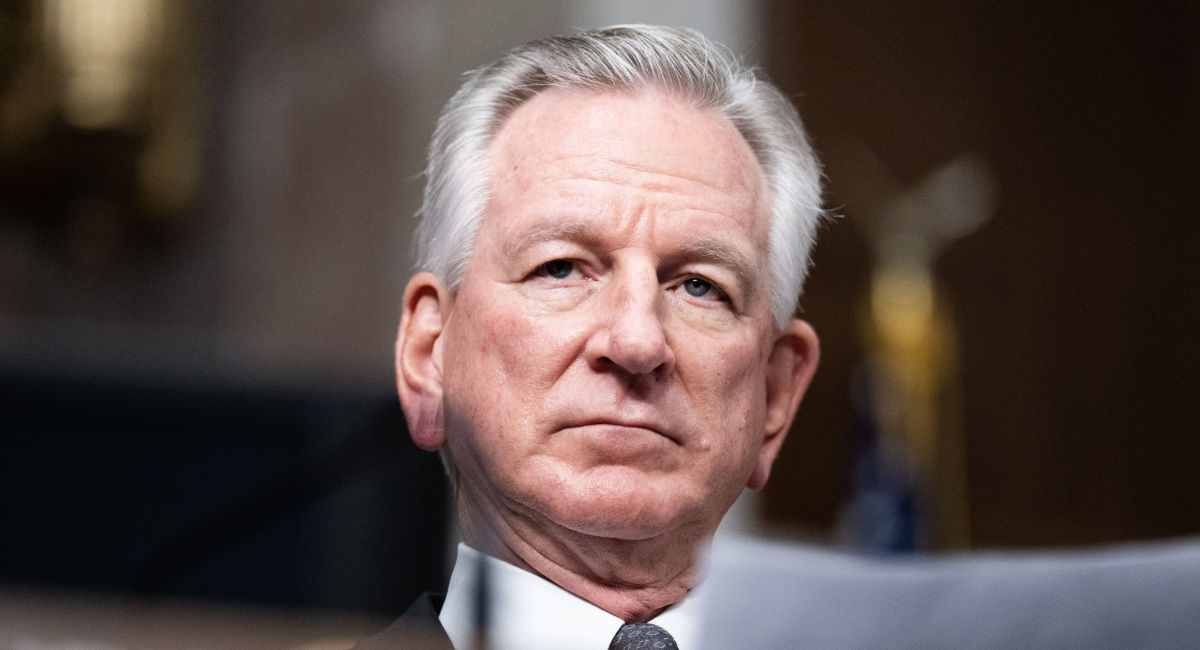Update 12/15/2023: The US House has passed a version of the National Defense Authorization Act (NDAA) that will allow the military to use tax dollars to fund abortions. The NDAA passed by a vote of 310 – 118 with 73 Republicans and 45 Democrats voting against it.
In July, the House passed an amendment to the NDAA aimed at prohibiting the use of taxpayer dollars to fund the abortions of military personnel and their dependents, including travel costs associated with abortion. However, the Senate did not pass a similar amendment. The House and Senate committees drafted a compromised version on December 7, at which time the House agreed to drop its abortion amendment. The decision came shortly after Sen. Tommy Tuberville ended his 1o-months-long blockade on military promotions in protest of the Pentagon’s abortion travel policy.
The spending package set the military’s budget at $886 million for the upcoming year and had already passed in the Senate on Wednesday by a vote of 87-13.
The NDAA now heads to President Biden’s desk.
12/7/2023: The national defense bill that was revealed on Thursday does not include an amendment to block the Pentagon’s abortion travel policy, following the end of Sen. Tommy Tuberville’s blockage of military promotions.
According to The Hill, the Senate and the House reached a compromised version of the annual National Defense Authorization Act (NDAA), with House Republicans who passed the amendment over the summer agreeing to drop it.
The $886 billion National Defense Authorization Act includes the abortion travel policy, which will allow the use of taxpayer dollars to cover the costs of abortion-related travel for military staff and their dependents. In addition, the updated bill no longer includes language that would block the coverage of so-called “transition surgeries” or hormone injections for transgender-identifying troops.
READ: The problem with military abortions isn’t the cost. It’s the lives lost.
Tuberville, a senator from Alabama, first threatened to block all civilian Department of Defense (DoD) nominations a year ago if the Pentagon implemented the abortion travel policy. His letter warned that the DoD’s new policy – outlined in an Oct. 30, 2022 memo – would illegally increase the number of department-subsidized abortions to as many as 4,100 per year from 20 per year and force Americans to fund elective abortions. Previously, the DoD was legally allowed to fund abortions only in cases of rape, incest, or to save the mother’s life.
In February 2023, Tuberville began refusing to grant his approval for the promotions of senior military officers, holding up the process for the promotions of the highest ranked and highest paid officers in protest of the abortion travel policy. More than 400 military jobs were prevented from being filled, according to USA Today.
Tuberville’s protest came to a close this week after 10 months. He told reporters on Tuesday that he would be lifting the hold on promotions for nominees three stars and below.
“It’s been a long fight. We fought hard. We did the right thing for the unborn and for our military,” he said Tuesday.
Just hours after his announcement, the Senate voted to confirm more than 400 military promotions. There are 11 four-star nominations that will need to be voted on individually on the Senate floor.
“The only opportunity you got to get people on the left up here to listen to you in the minority is to put a hold on something, and that’s what we did,” said Tuberville. “I think we opened our eyes a little bit. We didn’t get the win that we wanted. We’ve still got a bad policy.”








